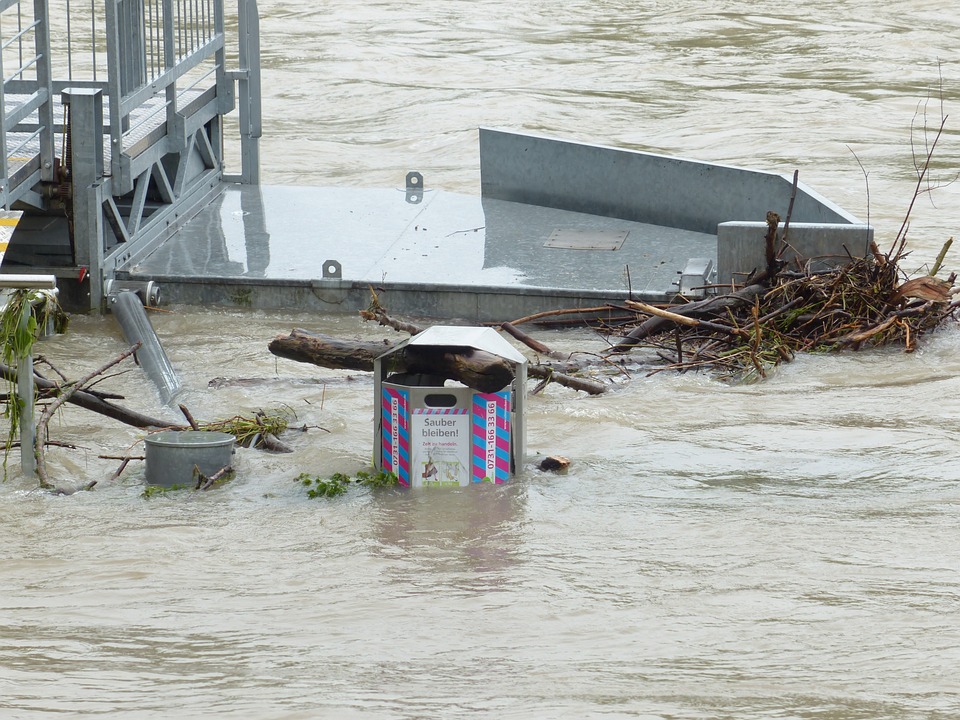What is Climate Gentrification?
Climate gentrification is a type of gentrification process driven by climate change adaptation and heightened awareness of climate-related risks. It occurs when an area becomes more attractive to affluent and/or educated populations due to climate-related advantages, such as access to green space, better air quality, and proximity to beaches or bodies of water. Climate gentrification is often accompanied by an increase in property values, displacement of existing residents, and changes in the area’s socioeconomic composition.
How Does Climate Gentrification Happen?
Climate gentrification is often triggered by large-scale investments in public infrastructure that make an area more appealing to well-off and/or educated populations, such as the construction of green spaces or the installation of stormwater management systems. These investments are often funded by governments or philanthropic organizations in order to improve an area’s climate resilience and protect it from the effects of climate change.
Who Is Affected by Climate Gentrification?
Climate gentrification affects both existing and prospective residents of an area. Existing residents often experience displacement due to increased property values, while prospective residents may be priced out of the area due to its newfound desirability. Additionally, climate gentrification often results in socioeconomic changes within an area, as wealthier and/or more educated populations move in and existing residents are forced out.
Conclusion
Climate gentrification is a type of gentrification process driven by climate change adaptation and heightened awareness of climate-related risks. It is often triggered by large-scale investments in public infrastructure and can result in displacement of existing residents, increased property values, and changes in the area’s socioeconomic composition. Climate gentrification affects both existing and prospective residents of an area, and can have serious implications for those who are unable to keep up with rising living costs.

Kyle Whyte is a notable scholar and professor at the University of Michigan, holding positions such as the George Willis Pack Professor in the School for Environment and Sustainability and Professor of Philosophy. Specializing in environmental justice, his work critically examines climate policy and Indigenous peoples’ ethics, emphasizing the nexus between cooperative scientific endeavors and Indigenous justice. As an enrolled Citizen Potawatomi Nation member, he brings a vital perspective to his roles as a U.S. Science Envoy and member of the White House Environmental Justice Advisory Council. His influential research is supported by various prestigious organizations including the National Science Foundation, and disseminated through publications in high-impact journals. Kyle actively contributes to global Indigenous research methodologies and education, with affiliations to numerous institutes and societies dedicated to traditional knowledge and sustainability. Recognized for his academic and community engagement, Kyle has earned multiple awards and served in various visiting professorships. His efforts extend to leadership positions on boards and committees focused on environmental justice nationwide.
